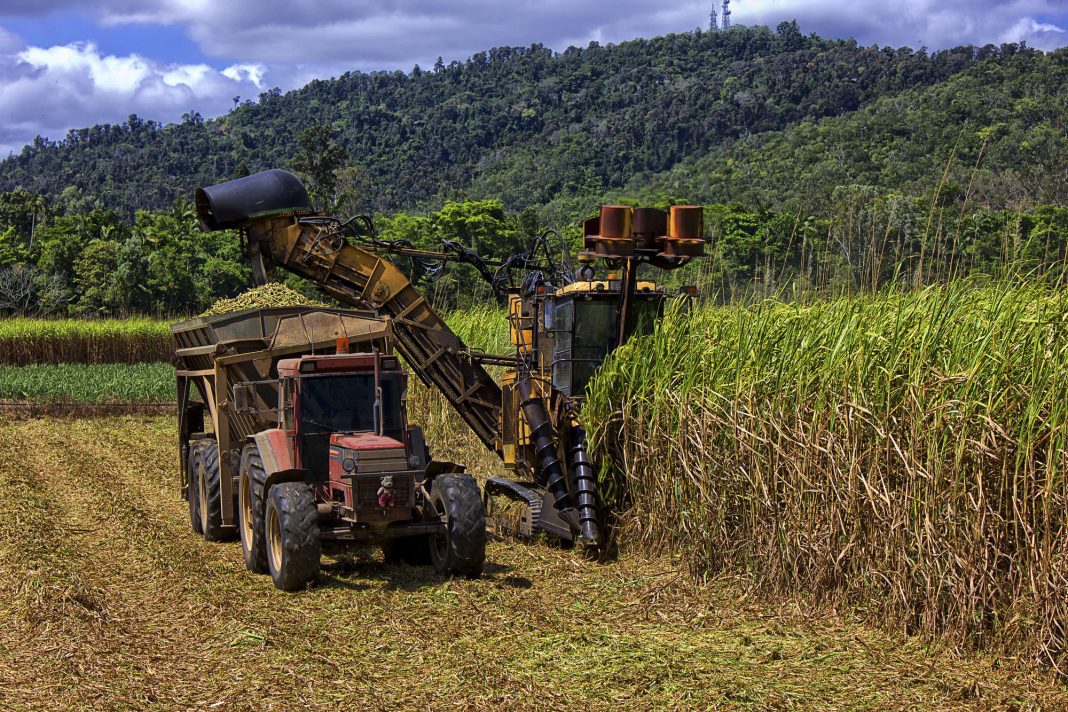CANE growers supplying Wilmar Sugar and Renewables’ eight mills were at risk of losing an estimated $3.5m in revenue, as a result of another one-hour strike by union members.
The planned industrial action, on Thursday, July 18, forced Wilmar’s sugar factories across North Queensland to be shut down for up to 16 hours.
Estimates of the financial impact of stoppages on growers and others in the supply chain were accepted by the Fair Work Commission, in June, a statement from Wilmar Sugar and Renewables read.
A Wilmar spokesman said qualified staff were being deployed to monitor the safe cool down of turbines, ahead of the strike, and the company had shuffled cleaning schedules to coincide with the forced stoppage, in an effort to minimise the impact on growers.
“Unfortunately, the potential losses to growers appear likely to increase, with unions notifying the company today of further planned, one-hour stoppages next Wednesday (July 24),” a spokesperson said.
“The safe, controlled shutdown and then restarting of boilers, turbines and other equipment, as well as changes to harvesting and cane transport resulting from a one-hour stoppage, impacts the entire sugar supply chain and, ultimately, local communities.”
A deputy president of the Commission had previously ordered suspension of industrial action at Wilmar Sugar and Renewables sites, but unions won an appeal against that order.
On July 5, a vice president of the Fair Work Commission offered the services of a commissioner to assist in closing the gap between the union demands and the company offer.
Wilmar advised the three unions last week that the company favoured taking up the invitation from the commission.
The unions indicated they would provide their response to the invitation after consulting with members. To date, there has been no response from unions, the statement read.
The company spokesman said: “The wage increase unions are demanding over three years is more than double the forecast inflation rate and the Wage Price Index change over the three years, from December 2023.
“It’s also nearly double the average annualised increase in more than 4,500 enterprise agreements approved by the Fair Work Commission this year.”






